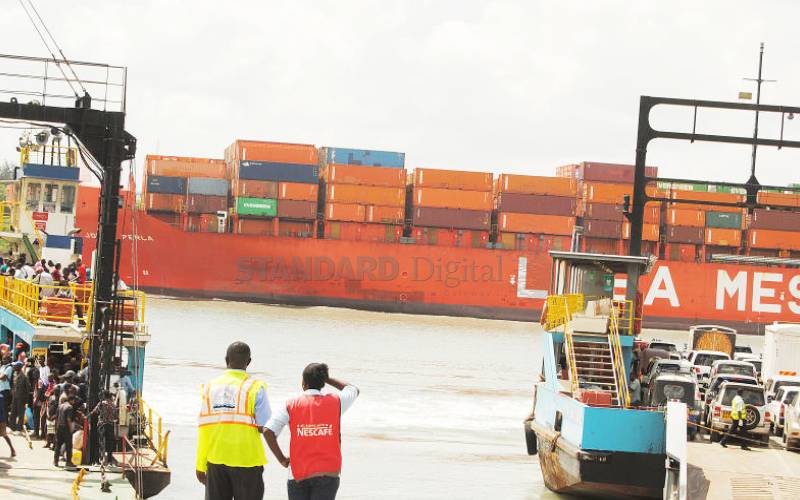×
The Standard e-Paper
Kenya’s Boldest Voice

Mv Kilindini Ferry stops to pave way for a cargo ship leaving the port of Mombasa. [Omondi Onyango/Standard]
Most Kenyan businesses have suffered negative effects due to the coronavirus outbreak and will continue to suffer in the short term.